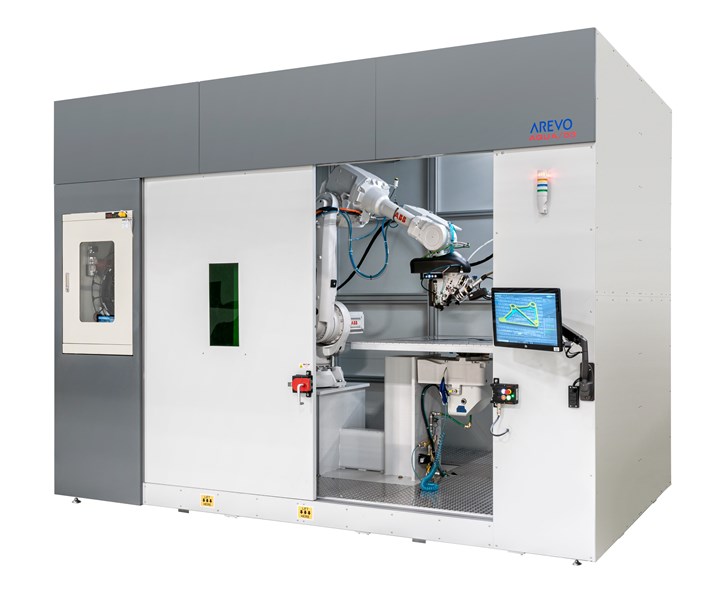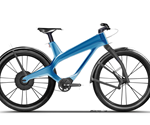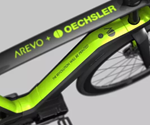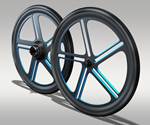Arevo, AGC Inc. partner to provide 3D-printed composite parts manufacturing services in Japan
AGC will provide a manufacturing as a service platform using Arevo’s Aqua 3D printer, which prints aerospace-grade CF/PEEK thermoplastic composite parts.

Arevo “Aqua” 3D printing system for composite parts. Source | Arevo
Arevo (Milpitas, Calif., U.S.) is partnering with AGC Inc. (formerly Asahi Glass, Tokyo, Japan) for on-demand production of 3D-printed composite parts for the Japanese market. AGC will provide a manufacturing as a service (MaaS) platform using Arevo’s Aqua 3D printer, which Arevo says is the world’s first industrial-grade continuous fiber 3D printing system capable of printing parts of up to one meter cubic volume.
The Aqua printer uses a patented, laser-based, direct energy deposition (DED), in-situ consolidation process, which uses machine learning algorithms to print advanced thermoplastic composite parts. According to Arevo, this process has been validated with the highest mechanical properties and lowest voids within the finished product, as measured by the total volume, compared to other 3D printing technology.
Composite parts are printed using high-performance composite material with a polyetheretherketone (PEEK) thermoplastic polymer matrix and aerospace-grade carbon fiber. This material reportedly meets stringent fire, smoke and toxicity (FST) requirements for aerospace and defense applications. The use of PEEK ensures resistance to harsh chemicals, high mechanical strength and dimensional stability.
“This is a landmark achievement in the ongoing evolution of manufacturing and the Industry 4.0 movement,” says Hemant Bheda, co-founder and chairman of Arevo.
Arevo also offers fully integrated composite tool chain software to accelerate the process from concept to production. This software features composite generative design with optimum fiber orientation, mechanical performance prediction and optimization, virtual 3D printer visualization of the print process and monitoring process data during the print process for automated quality control.
According to Arevo, this technology meets rigorous manufacturing specifications for the aerospace industry, including those for primary structures such as wing and fuselage components, engine components such as cascade and interior parts such as cabin seat frames and partitions. Arevo also provides solutions for consumer products such as sporting goods and in other areas of transportation. In 2019, for example, Arevo produced 3D-printed composite bike frames for Pilot Distribution Group and Emery, in collaboration with Bosch and Franco Bicycles.
“We are all working towards super-efficient and sustainable processes with localized on-demand manufacturing. We look forward to working with AGC to scale our MaaS platform in many industrial sectors,” says Bheda.
Related Content
-
IMDEA introduces digital twin for real-time analysis of composite materials production
Newly designed digital twin by IMDEA and Technical University of Madrid researchers enables manufacturers to see inside composite materials as they are being produced, facilitating early detection of faults.
-
Next-gen composites manufacturing: Combining material, machine and mold cavity data with analytics
Using a sensor, an edge device and machine learning software, sensXPERT sees into processes and is improving quality and cutting scrap, cycle time and energy use for composites customers like ZF and Carbon Revolution.
-
Schrödinger advances materials informatics for faster development of next-gen composites
Cutting time to market by multiple orders of magnitude, machine learning and physics-based approaches are combined to open new possibilities for innovations in biomaterials, fire-resistant composites, space applications, hydrogen tanks and more.

.jpg;width=70;height=70;mode=crop)














